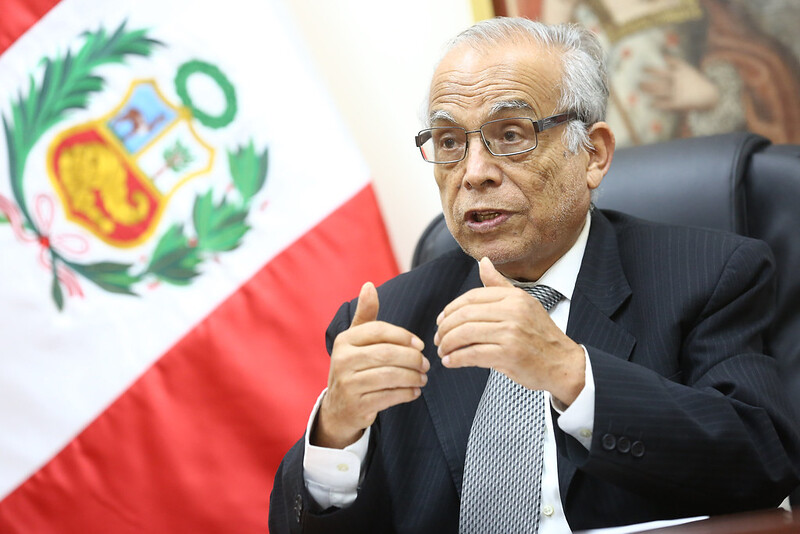Peru won’t cancel Quellaveco copper mine permits, says prime minister

Peru will maintain licenses for the Quellaveco copper mine owned by Anglo American and Mitsubishi Corp companies, Prime Minister Anibal Torres said on Sunday on social media.
The remarks come two days after global miner Anglo American expressed concern that the Peruvian government might be reconsidering the company’s license to use water for its copper mine in southern Peru.
“The government has not talked about canceling Quellaveco’s licenses,” Torres said, adding that private investment in Peru is fully guaranteed, as long as it meets contractual obligations and respects the country’s environmental and labor standards.
Previously, the Peruvian Ministry of Agrarian Development and Irrigation said it was evaluating the use of 22 million cubic meters of water from two rivers near Quellaveco, due to comments submitted by agricultural producers.
Anglo American maintains that its activities will not affect water availability in the area and that the authorities granted the water license in a legal and transparent manner.
Peru is the world’s second-largest producer of copper, but the sector has struggled, particularly with an increase in protests by impoverished indigenous communities against mining companies in the past year.
Mining is vital for the economy of the South American country, responsible for 60% of all national exports. In late September, the government proposed a “new approach” to close social gaps and avoid conflicts in the sector.
The Quellaveco mine, which has received $5.5 billion in investment, began pilot production of copper concentrate last July, and is owned by Anglo American and Japan’s Mitsubishi Corp, holding 60% and 40% of capital, respectively.
Anglo American estimates that the Quellaveco project, located in the southern region of Moquegua, will have a production of 300,000 tons per year in its first 10 years, a figure that could be affected or postponed if it runs into trouble with government licenses.
(Reporting by Aida Peláez-Fernández; Translation by Jackie Botts; Editing by Jacqueline Wong)
{{ commodity.name }}
{{ post.title }}
{{ post.date }}




Comments